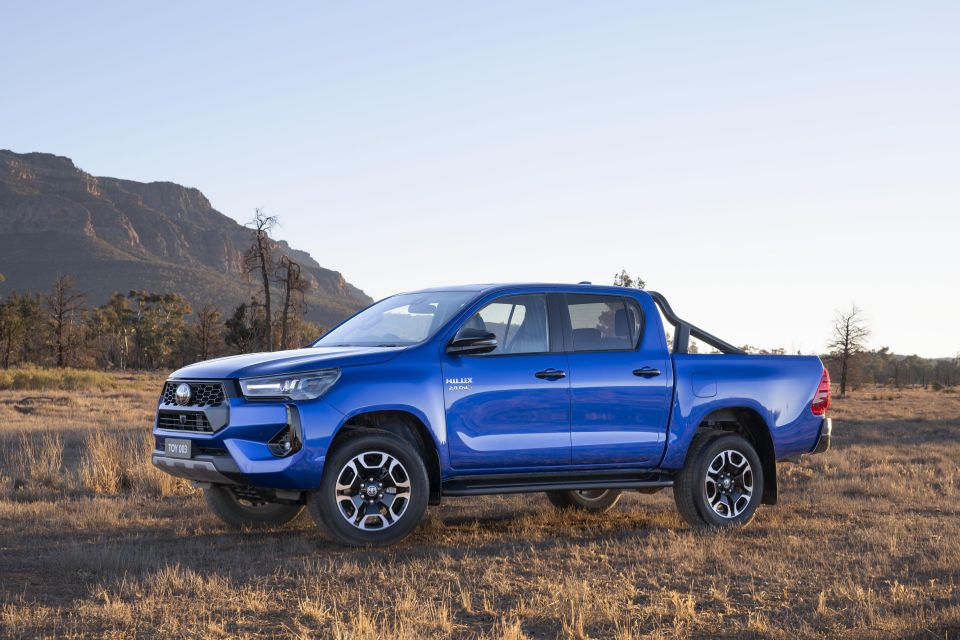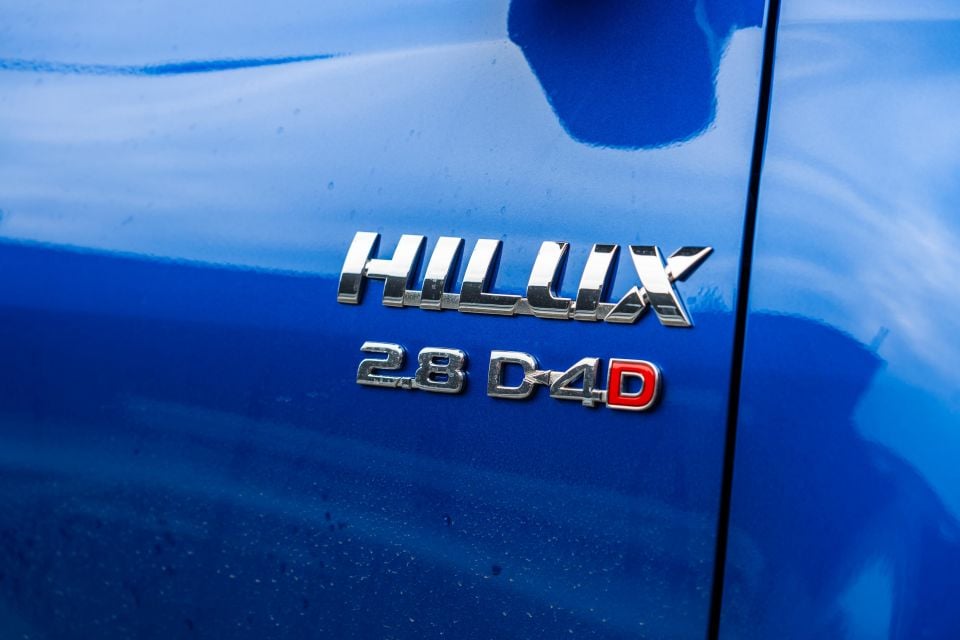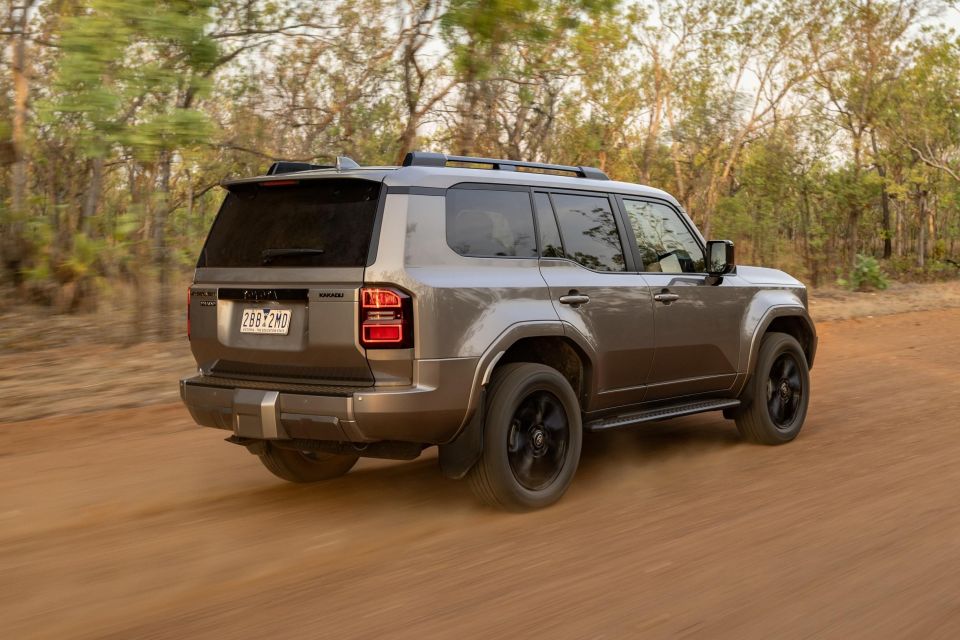Toyota says it has no plan to stop developing diesel engines despite tightening emissions regulations globally, and hasn’t ruled out introducing diesel hybrids.
Speaking at a conference held in conjunction with the Japan Mobility Show (JMS) in Tokyo last week, the company’s powertrain chief Takashi Uehara said there’s no timeline for the end of diesel-powered Toyotas.
“Regarding diesel engines, we don’t have a deadline – we are continuing our development and do not have a deadline to end the production or development,” Uehara-san told Australian media.
“We still see high requests and expectations from our customers in Australia, Europe and the Middle East – there is still demand in these markets.”
CarExpert can save you thousands on a new car. Click here to get a great deal.
Diesel vehicles accounted for 48.4 per cent of Toyota Australia sales between January and August 2025 – more than in 2024 (42.6 per cent) but less than the previous year when the figure was a dominant 52.6 per cent.
However, Toyota repeated its commitment to ‘decarbonisation’ at the JMS, primarily via its trademark petrol-electric hybrid vehicles. But while it wouldn’t confirm it’s developing a diesel-electric hybrid powertrain, it didn’t rule out adding electrification to diesel engines.
While the company’s range of hybrid models is dominated by petrol engines, the 48V mid-hybrid HiLux and Prado ‘V-Active’ models introduced in Australia in 2024 were the first electrified diesel vehicles to arrive in local showrooms, although Toyota doesn’t refer to them as hybrids.
“There is high potential for ICE [internal combustion engines] – the mix of fuels that is highly accommodating of different types,” Uehara-san said.

“Some regions want the battery-EV and [also] have the ICE – it’s not a certain deadline that we have or certain year; I think this kind of demand will be ever existing,”
“It’s the same for gasoline [petrol] and diesel fuels, too, and if we try to expand the possibilities, availability, we have to look into the various engine availabilities, not just the engine alone.”
On diesel engines specifically, Uehara-san said: “We do not have a certain deadline that we will end development or production, but emissions regulations will become tougher going forward.”
This includes Australia’s New Vehicle Efficiency Standard (NVES), which introduced penalties for automakers who exceed set CO2 tailpipe emissions limits.

Introduced this year, the NVES has already forced rear-wheel drive versions of the Ford Everest and Isuzu MU-X off-roaders to be dropped from Australian showrooms.
The commitment comes after Toyota Australia vice president of sales, marketing and franchise operations, Sean Hanley – speaking at the announcement of the LandCruiser Hybrid which employs a petrol-electric V6 hybrid powertrain from the Tundra pickup – suggested diesel power has around a decade to run before hydrogen begins taking over.
Toyota has committed to a ‘multi-pathway approach’, the term it uses to describe its strategy of offering various powertrain types – petrol, diesel, hybrid, electric (EV) and fuel-cell electric (FCEV) – across its model range.

Toyota, the world’s largest automaker, was criticised for being slow to introduce EVs and not making a commitment to go EV-only within a certain timeframe like many of its rivals. But now many industry experts regard its approach as prudent as other automakers walk back their all-EV commitments and mop up significant financial losses due to excess EV production capacity and/or unplanned ICE vehicle development.
“The cost for admission is going to be heavier and that may undermine the popularity of the diesel in the future – that’s a possibility,” Uehara-san added.
“We will be promoting our electrification and also reduction of CO2, but continuing the big torque on the diesel engine – maintaining that – as we continue our research and development.”
If Toyota does embrace diesel hybrid technology, it won’t be the first automaker to do so. And while several European brands previously offered diesel-electric powertrains, Chery Australia’s first ute is expected to be powered by a diesel-electric plug-in hybrid system, which would make it the first vehicle of its kind Down Under.
MORE: Explore the Toyota showroom